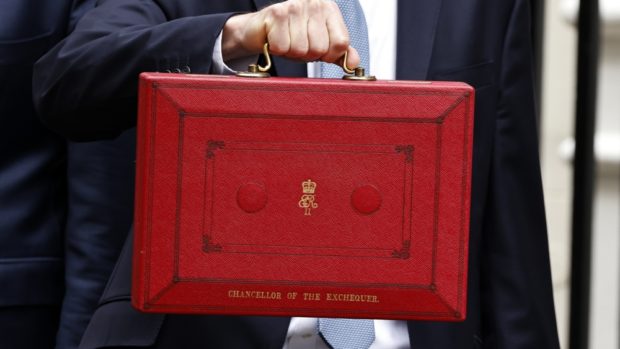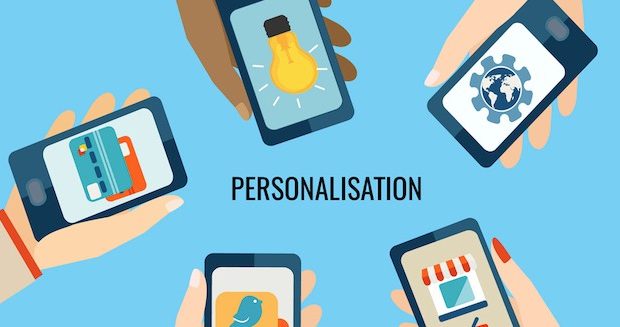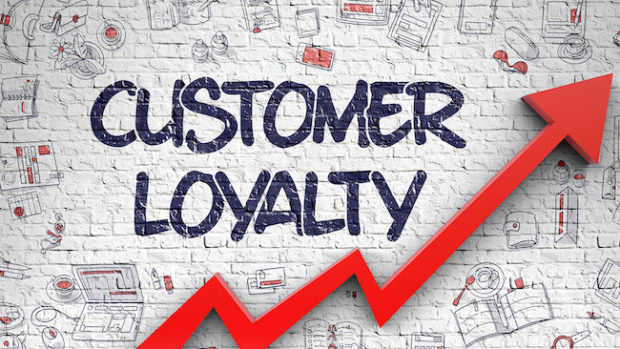Despite retailers starting their Black Friday campaigns earlier than ever this year, the average amount spent per British shopper is set to fall by £142 – a 50 per cent drop from individual spend on Black Friday 2022. However, as wallets tighten and concerns about the cost of living heighten, there is predicted to be a sharp increase in the number of us turning Black Friday as a beacon of hope – with the number of Brits looking to buy most of their Christmas gifts on the day of deals tripling.
That’s according to the latest research from omnichannel customer engagement platform SAP Emarsys, which conducted research on over 2,000 UK consumers about their shopping habits and Black Friday spending plans as part of its Customer Loyalty Index.
With the cost-of-living crisis putting consumers under pressure, the average Brit is set to spend just £141 this Black Friday – a total of £7.7bn, down from an average of £283 in 2022.
The research also reveals there are gender and age divides when it comes to Black Friday spending habits. While women are set to spend £90, men are planning to purchase a whopping £188. And it seems that Gen Z is set to lead the shopping spree this Black Friday – while over 55s are looking to spend just £64 on average, 16–24-year-olds will splurge £298, 366 per cent more than the older generation.
The study shows that, for Brits, Black Friday is set to be a means of saving the festive season. In fact, over a quarter (27 per cent) of British shoppers plan to purchase most of their Christmas gifts in the Black Friday sales – almost 3x the amount who did last year (10 per cent). In 2022, 5.5 million Brits planned to bag the majority of their Christmas gifts on Black Friday – in 2023 the number looking to do the same is set to be 15 million.
In this evolving landscape, SAP Emarsys highlights that Black Friday will be more important than ever for UK retailers and brands. However, the company also warns that discounts won’t be enough to secure sales and long-term loyalty.
As Kelsey Jones, global head of product marketing at SAP Emarsys explains, “In our annual Customer Loyalty Index, we found that ‘Incentivised Loyalty’ – loyalty achieved through discounts and deals – is in decline. Short-term sales may be a good way to secure new customers, but if retailers want to maintain those customers, they need to go further than just slashing prices.
“This Black Friday, retailers need to embrace a value exchange. If discounts are offered at all, this sales period should be a jumping off point to engage the customer with elevated customer experiences, such as VIP access to new products, offering consumers the opportunity to connect with their brands in the future. One of the best ways to do this is through omnichannel personalisation, ensuring that offers are communicated in a meaningful way and through the channels customers prefer – fostering true loyalty at every touchpoint.
“AI technologies also play a key role, allowing retailers to anticipate consumer preferences and deliver the best possible deal at the perfect moment. Using this technology, retailers can give customers the best offers suited to their needs, while securing their loyalty long term — boosting sales and building trust.”
Roy Robinson, chief product officer at SAP Emarsys partner Mention Me, a customer advocacy intelligence platform, emphasises the importance of leaning into customer advocacy to attract customers that are likely to stick around.
“A lot of brands lose momentum after the festive season – they use discounts in their favour to bring in new customers, but these shoppers aren’t guaranteed to return to make another purchase.
“This can become a vicious circle for brands as they continue running discounts – despite the costs involved – to win them back time and time again. Instead, brands should look to deliver highly personalised data-driven experiences which encourage customers to become active brand advocates, bringing their friends and family to buy with you as well. These new customers are predisposed to love your brand, spend more and be more loyal helping you break this cycle of discounting.”







Share